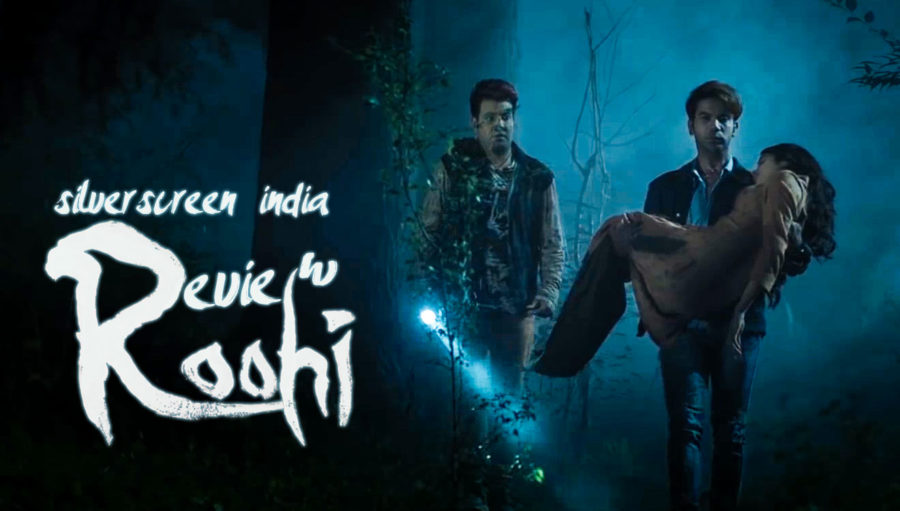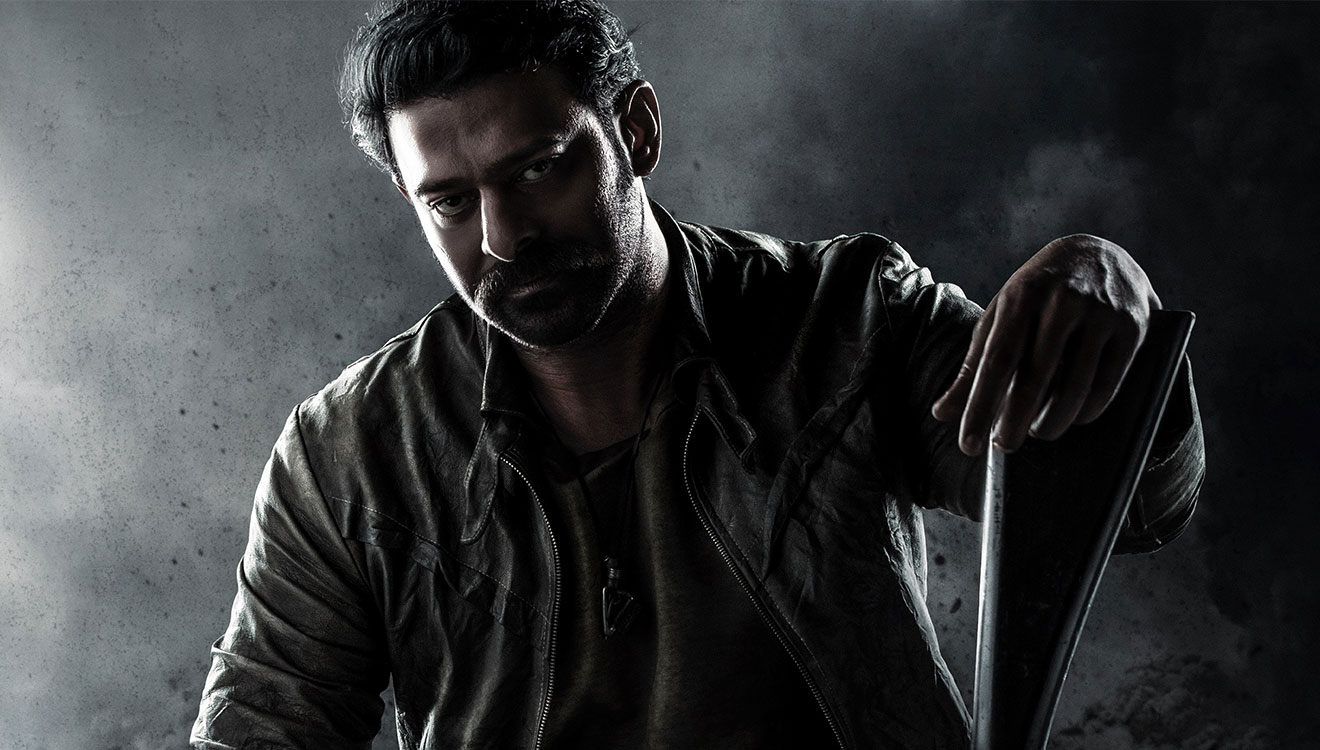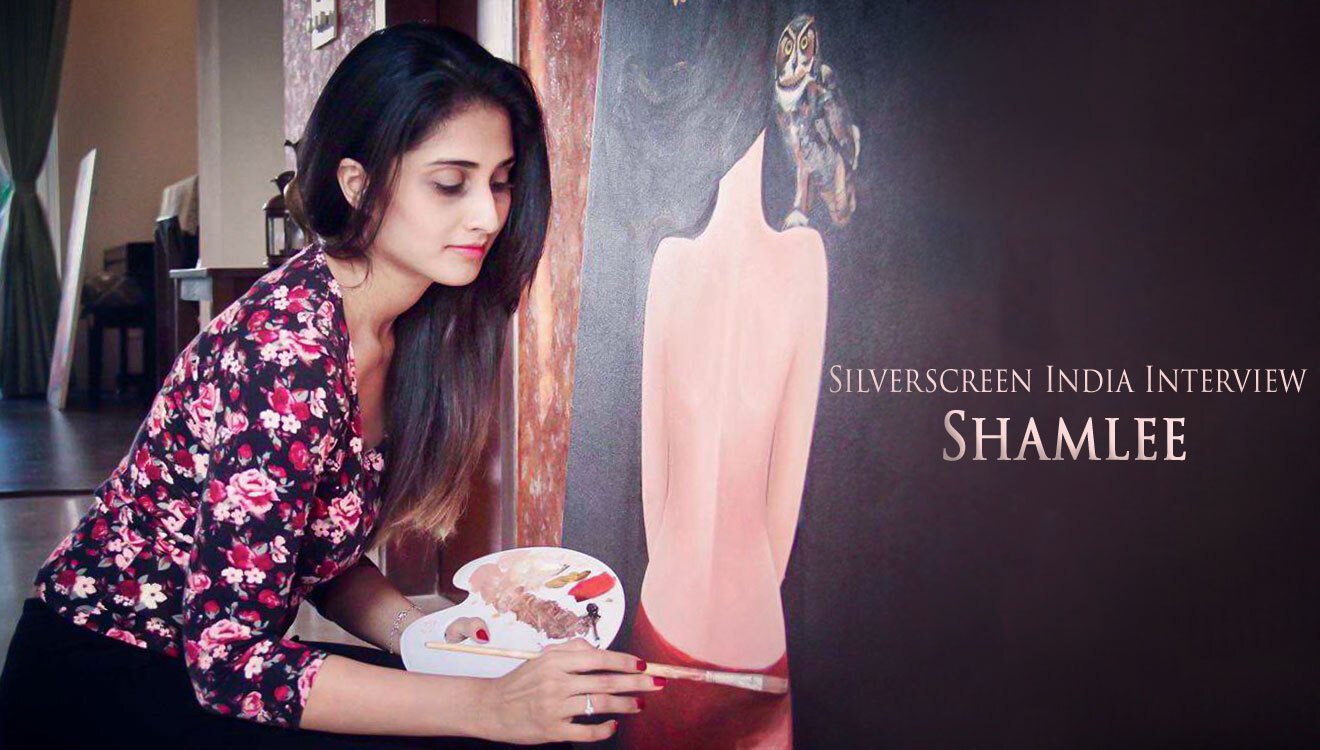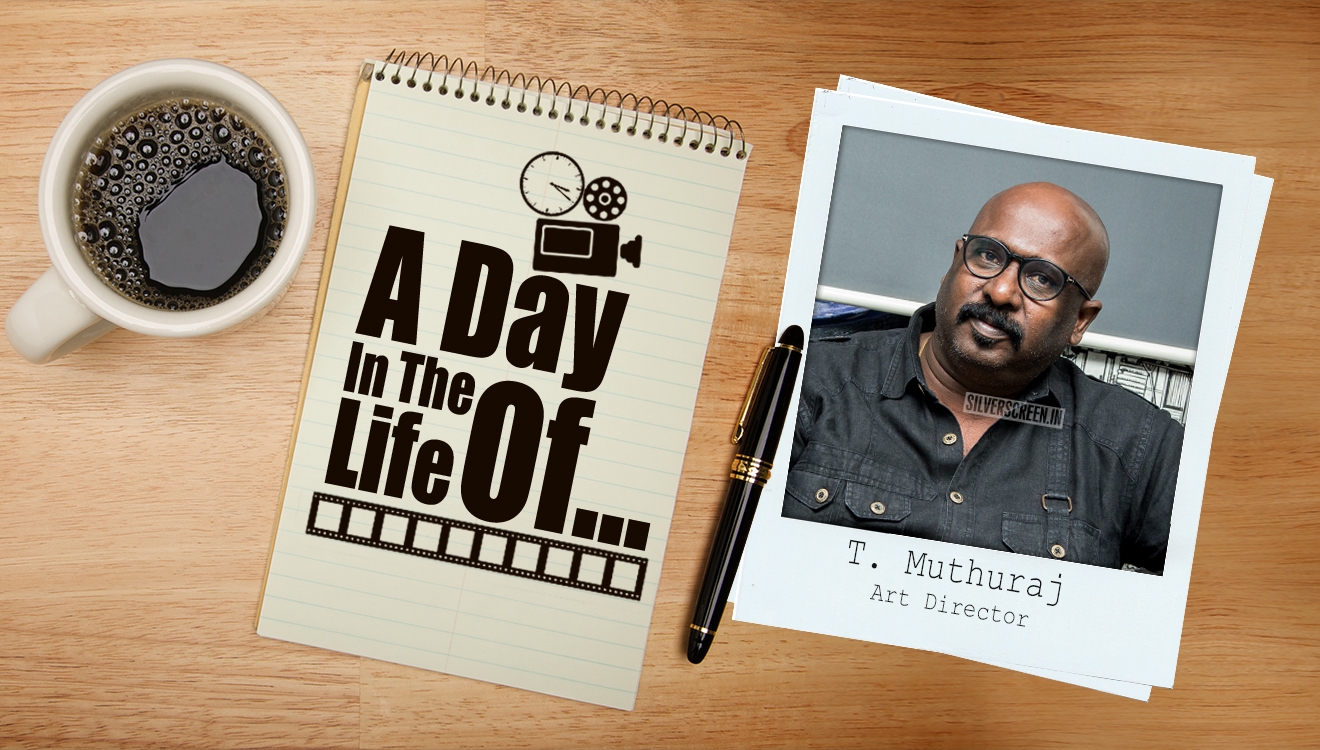Director: Hardik Mehta
Cast: Janhvi Kapoor, Rajkummar Rao, Varun Sharma, Manav Vij, Alexx O’Nell
A clash of genres happens in Roohi, much as the clash of personalities that happen inside its protagonist, Roohi (Janhvi Kapoor). The film, directed by Hardik Mehta and produced by Dinesh Vijan, is a horror-comedy centred on a village in north India where people kidnap young women and get them married to desperate young men. Quite a terrifying tradition. In the film’s universe, it is an ‘ethnographic comedy’, presented to the audience through the eyes of a curious white man who makes documentary films. When clueless girls are gagged and pushed into vehicles, the film drops cues to laugh. The horror element in the film is one of the kidnapped women, a disrupter of this tradition, who turns out to be a mudiya pairi, a demonic spirit with upturned feet.
This supposed feminist trope, however, bites the dust because the film’s heart is on the misanthropist comic acts the men perform relentlessly. It extends to sympathy towards the meek woman at its centre.
The film follows Bhawra Pandey (Rajkummar Rao) and Kattani Qureshi (Varun Sharma), two towners who specialise in bride abduction. Like all small-towners in Bollywood’s universe, the guys are speech-impaired, silly and with a sickly fashion sense. The men abduct Roohi while she’s out shopping with her father. When the wedding ceremony gets pushed to a different date, they have to keep her in hiding in an abandoned factory in the middle of a forest where men discover that Roohi is possessed by a demon named Afza. While Roohi isn’t fond of being a bride, Afza is obsessed with it.
Roohi’s predecessor Stree (2018), despite its cliches and flaws, had a strong feminist subtext. It had a woman in charge of the proceedings, who turned men into powerless participants in her design. The female demon in the film gave the patriarchal forces in a north Indian village a taste of their medicine ﹣fear ﹣and brings the women out of their houses at night. The village in the film was a living organism that responded to the demonic presence. In Roohi, space is a lazily imagined non-entity. From a dusty industrial town, it whimsically shifts to a deciduous forest and a river-side temple town.
Angry female spirits in cinema and literature were conceived as a representation of a second personality the woman have to hide from society. A subversive portrayal of the ideal feminine. An untamed, angry and assertive woman must be exorcised and sent back into domesticity. An outspoken wife or a girlfriend is a chudail who must be taught a lesson.
In Roohi, however, the demon has a pointless existence. She can fly, spin her head right round and produce scary visual effects out of thin air, but she is incapable of thwarting the romantic advances of Kattani who claims to be a necrosexual. Whenever Roohi is her demure self, she must endure flirtations from Pandey. The woman can’t catch a break in either form.
Recommended
This set-up builds into something significant in the climax where the woman asserts her agency. It sends across a golden message﹣a woman might choose to live with the demon inside her head, but she will never pick a man for whom she’s merely an object. However, one has to sit through a flux of tasteless and sexist humour acts to arrive at the so-called feminist finale. Not worth it.
Kapoor is gorgeous, but her inability to emote should be a matter of great concern for the production houses who continue to cast her in plum roles. Making up for Kapoor’s impassiveness, Rao and Sharma deliver over-the-top performances. Both styles of acting prove effective. The performances in Roohi are as forgettable and feeble as the film.
****
The Roohi review is a Silverscreen original article. It was not paid for or commissioned by anyone associated with the film. Silverscreenindia.com and its writers do not have any commercial relationship with movies that are reviewed on the site.



